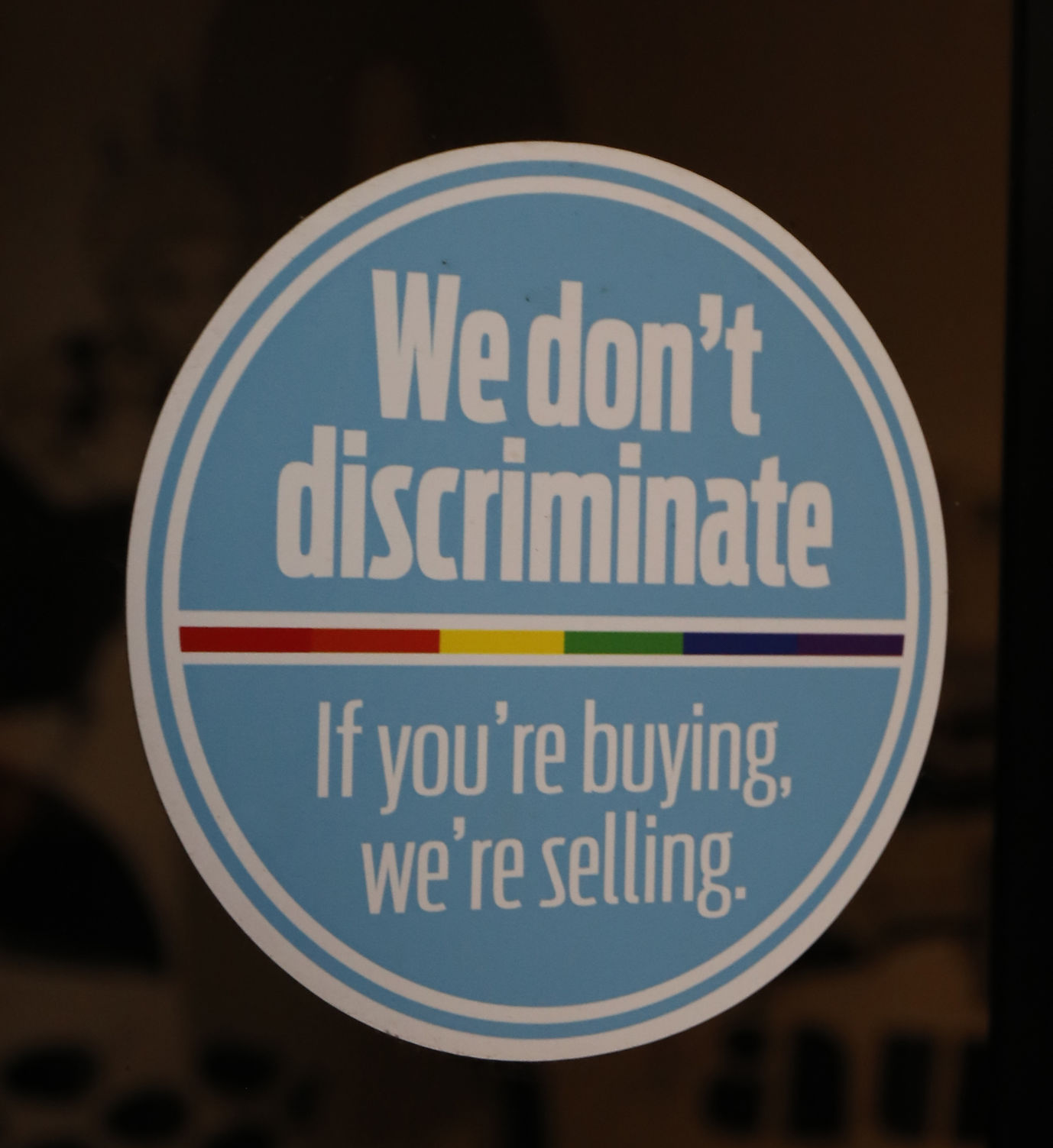JACKSON, Miss. (AP) — Opponents might get another chance to block a Mississippi law that lets government workers or private businesspeople cite religious beliefs to deny services to gay or lesbian couples. On Monday, a federal judge reopened conversations with
JACKSON, Miss. (AP) — Opponents might get another chance to block a Mississippi law that lets government workers or private businesspeople cite religious beliefs to deny services to gay or lesbian couples.
On Monday, a federal judge reopened conversations with lawyers about a lawsuit that could become a vehicle for that challenge.
Mississippi’s statue is considered the broadest religious-objections state law enacted since the U.S. Supreme Court legalized same-sex marriage in 2015.
An Arizona-based Christian group, Alliance Defending Freedom, helped write the Mississippi law that Republican Gov. Phil Bryant signed in 2016. The law protects three beliefs: that marriage is only between a man and a woman, sex should only take place in such a marriage, and a person’s gender is determined at birth and cannot be altered.
U.S. District Judge Carlton Reeves blocked the law before it could take effect, saying it unconstitutionally favors some religious beliefs over others.
A federal appeals court has cleared the way for the law to take effect Friday, saying that people who filed a challenge in 2016 lacked legal standing to do so because they had not been harmed by the law. Attorneys are asking the Supreme Court to keep the law on hold.
Multiple challenges were filed to the religious-objections law. On Monday, Reeves started a new conversation about one of them — a lawsuit originally filed in 2014 to try to overturn Mississippi laws banning same-sex marriage. Reeves reopened the 2014 case last year because plaintiffs’ attorneys wanted to use it to challenge the religious-objections law. Reeves has scheduled an Oct. 16 conference call for attorneys to discuss the status of that lawsuit.
Roberta Kaplan, an attorney who led the 2014 lawsuit, said Tuesday that it could be used to block the part of the religious-objections law dealing with government clerks issuing marriage licenses. She said the plaintiffs want to know whether clerks’ offices have established plans to ensure marriage licenses will still be issued if one employee refuses to do so. Kaplan said the goal is to ensure there is “no offense to the dignity of any gay couple” that seeks to marry.
————
Follow Emily Wagster Pettus on Twitter: http://twitter.com/EWagsterPettus .



